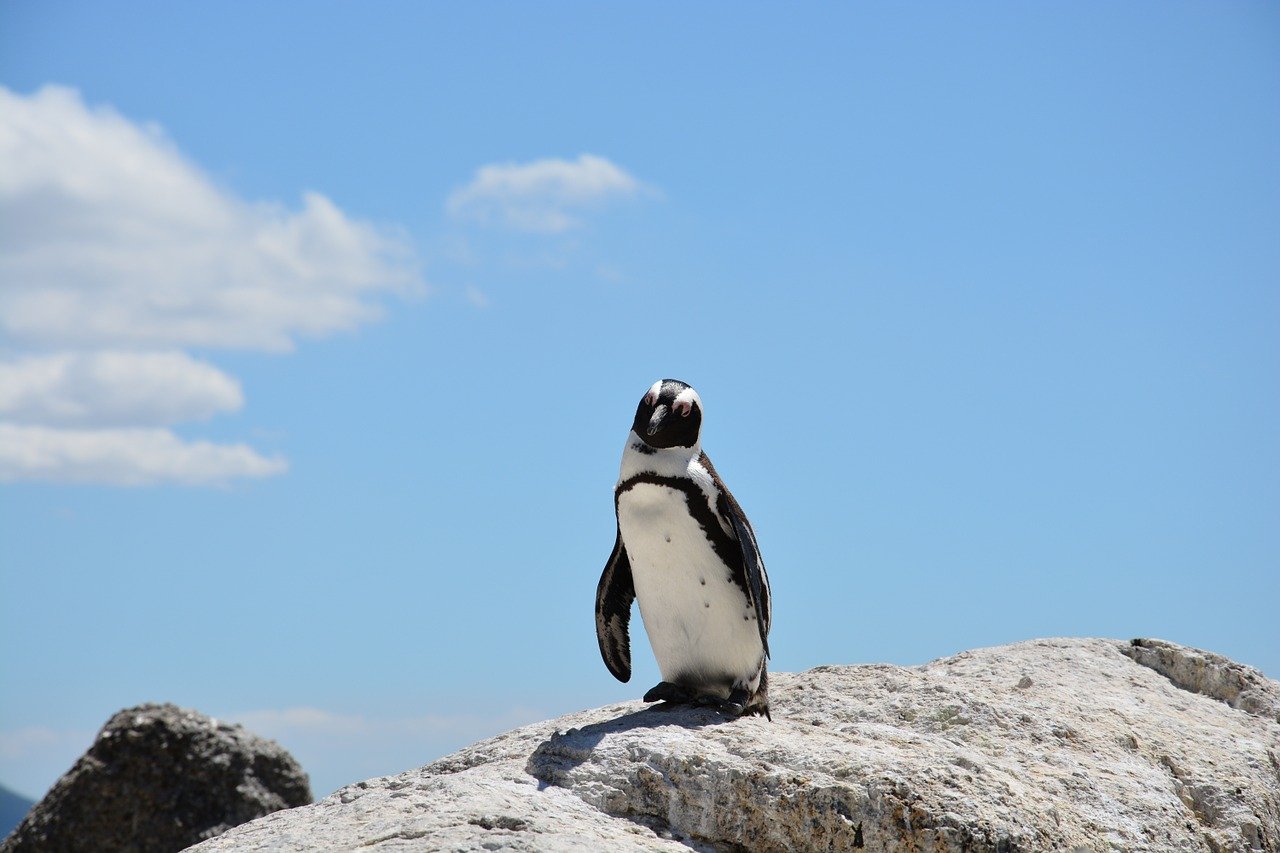The Journey and the Choice
2020-12-13

This whole affair, the whole journey of Man- the journey of humans as noticeably different from that of our fellow animals- started with a choice. But was it a choice?
Early Man existed in a state of natural innocence. This innocence wasn’t free from violence; in-fact early Man was constantly engaged in violent struggles. Rather, there was an innocence from the mind, from concepts, from time.
Early Man just existed. He didn’t think why he ate- he felt the urge and he ate. He felt the urge to power and he acted on it. But he was not above Nature. He was deeply connected to Nature and held it in sacred reverence. He was intimately aware of Nature’s cycles and how he rhymed in it. Though violent, this world of instincts had a certain harmony.
This harmony meant he could get mauled by a bear, or his tribe's people could get swallowed by erratic weather. This harmony meant he would suffer unbearable pains. Man was reverential and scared of Nature- a state of coerced harmony that Man would eventually break.
Over time, as Man grew, the separation between Man and Nature grew. His ability to make tools that allowed him to subjugate Nature grew this distance. His ever increasing brains, which allowed him to model animals and weather at first, and ultimately the internal states of other humans forced him to individuate[1]. Because, the only way he could model other people, was if there was a concept of a separate person; and if that concept exists, he must be that; and if he must be that, then he can’t be everything else- i.e. Nature.
This change in Man’s relation to Nature happened gradually; yet in another sense, Man made a choice[2] to transcend his environment. To view himself as separate and above his environment. To want this moment to be better than it was. To grab as much power as he could. But was this truly a choice?
Was self-preservation and fighting to live a choice? Because, in our peculiar case, that gave rise to our ego and all that followed. So if it was a choice, then to what end? Prolonging death? Enjoying more pleasures? Building civilization? Furthering all of life itself?
If it was a choice, can we stop? And how is it different from the choice I make every moment, of
not being okay with this moment, wishing it to be less miserable, more pleasurable.
And, if it was not a choice, then this is not a choice, and so why ponder any of this?
________________
[1] At some level, individuation always existed; and animals do this too; but what humanity did was in a class of its own
[2] I’m grossly over-simplifying; and it’s not clear why so many tribes shifted from hunter-gatherer to agriculture based societies. Also, neanderthal burials with symbolic sea shells, represent a Middle Man, and hence a more gradual transition to Modern Man and the conceptualizing Mind.